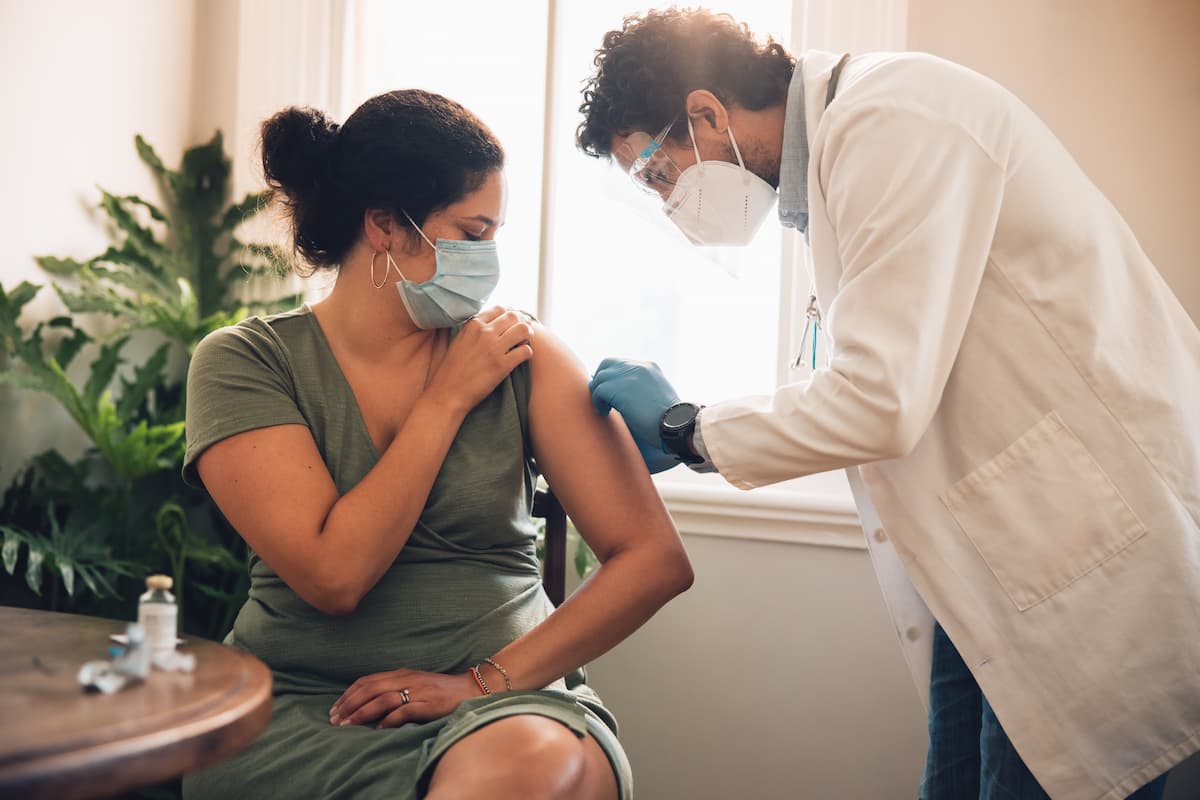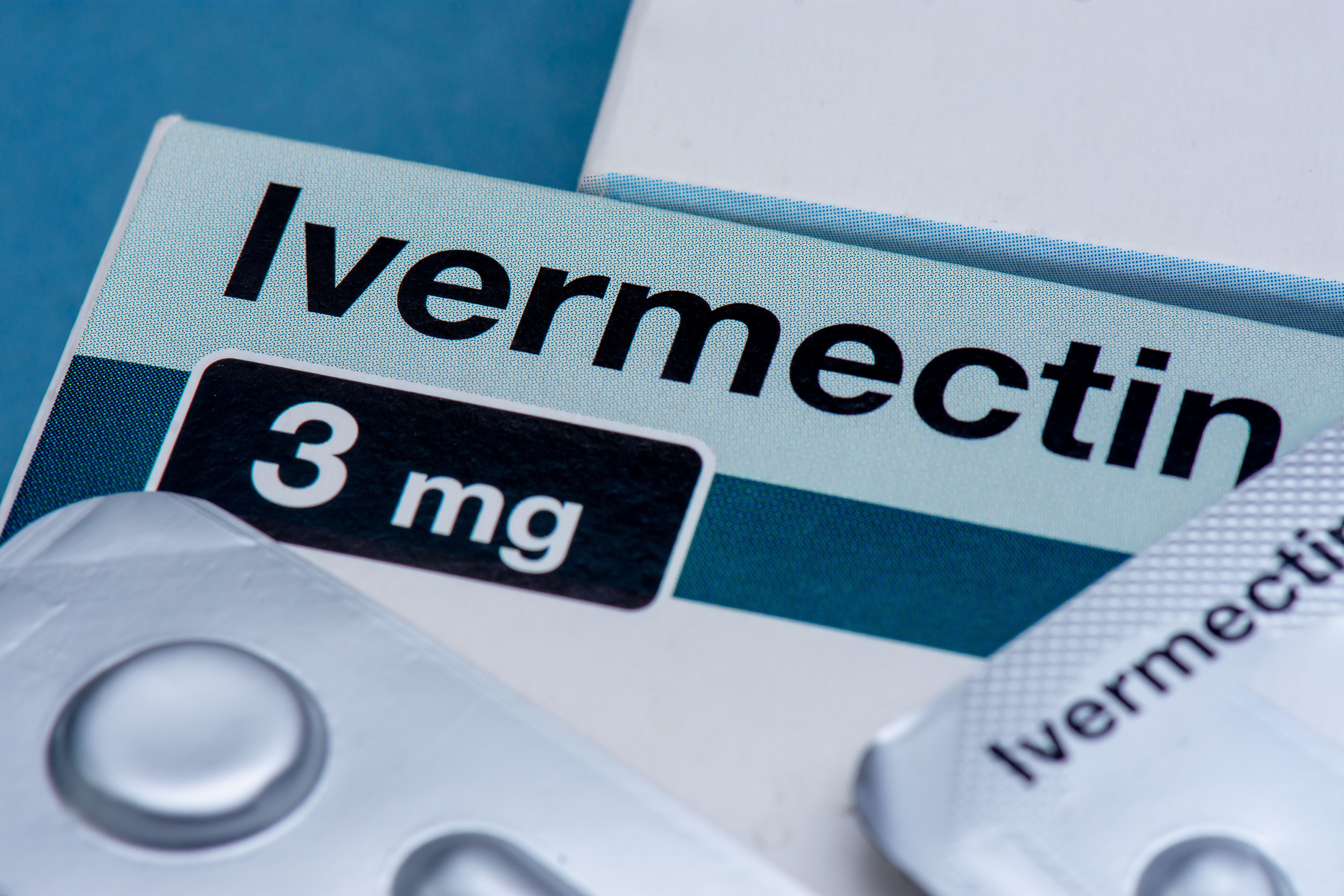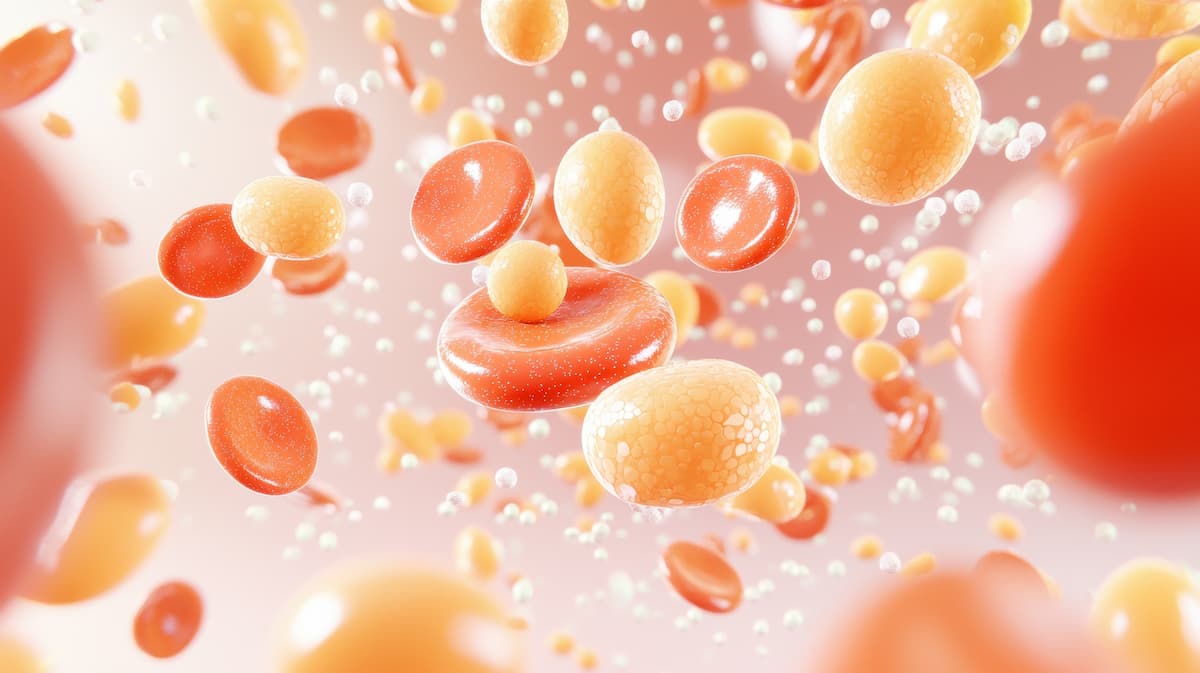Article
ISPE Releases a Good Practice Guide on Critical Utilities GMP Compliance
Author(s):
Key Takeaways
- The ISPE guide aids pharmaceutical organizations in achieving GMP compliance for critical utility systems, crucial for regulatory inspections.
- It covers water systems, pure steam, compressed air, and medical gases, emphasizing best practices for compliance.
The International Society for Pharmaceutical Engineering (ISPE) released its newest guide to help pharmaceutical organizations achieve and maintain control in their critical utility systems.
The International Society for Pharmaceutical Engineering (ISPE) released its newest guide to help pharmaceutical organizations achieve and maintain control in their critical utility systems.
Entitled ISPE Good Practice Guide: Critical Utilities GMP Compliance—How to Be Compliant and Ready to Prove It, the guide also helps to efficiently show that the critical utility systems established demonstrate good manufacturing practice (GMP) compliance to regulatory inspectors and auditors.
The ISPE is an association that supports members through providing opportunities for scientific, technical, and regulatory advancement in the pharmacy field. It currently has 18,500 members who have joined the organization from more than 90 countries around the world.
Since they are less visible, critical utility systems can be vulnerable to non-compliance. Such non-compliance has the ability to significantly impact product quality or performance, so critical utilities are often closely scrutinized by regulatory inspectors.
To help pharmaceutical organizations meet this goal to avoid difficulties during such inspections, the guide established best practices with respect to GMP compliance of critical utility systems. Specifically, it covers water systems, pure steam, compressed air, and medical gases, as well as processes unique to critical utilities, such as the maintenance of piping layout drawings and ways to avoid poor sampling techniques at points of use.
“This guide will be a big benefit to critical utility professionals and smaller manufacturing facilities where they don’t have as much bench depth in their compliance departments,” said the guide’s co-lead Nik Krpan, president of Cheme Engineering, in a press release. “This resource will help them to identify what are the critical areas they should be focusing on to achieve compliance for their critical utilities and how to host a more efficient audit.”
This guide serves as a companion to other ISPE guides available, such as ISPE Baseline Pharmaceutical Engineering Guide, Volume 4—Water and Steam Systems.
REFERENCE
ISPE Releases ISPE Good Practice Guide: Critical Utilities GMP Compliance [news release]. North Bethesda, MD: International Society for Pharmaceutical Engineering; July 16, 2020. Accessed July 16, 2020.
Newsletter
Stay informed on drug updates, treatment guidelines, and pharmacy practice trends—subscribe to Pharmacy Times for weekly clinical insights.

FDA Grants Full Approval to mRNA-1273 COVID-19 Vaccine in Children At Increased Risk




